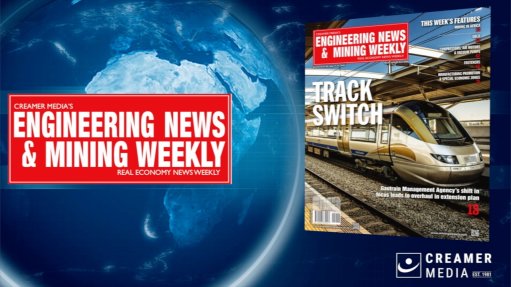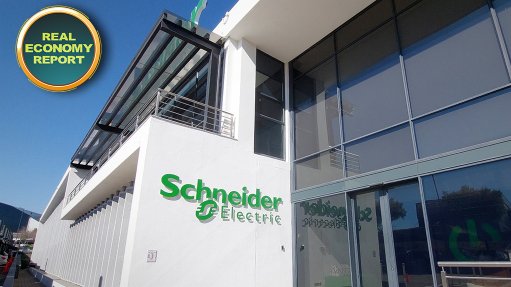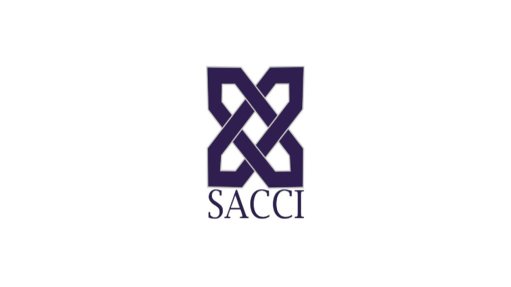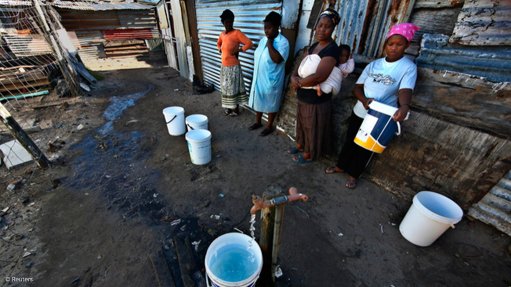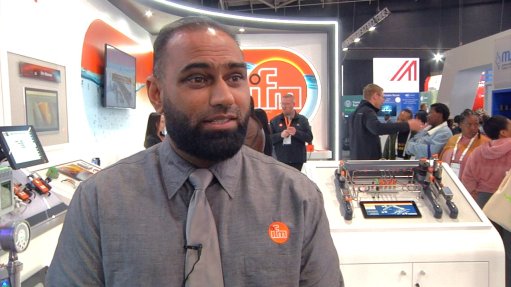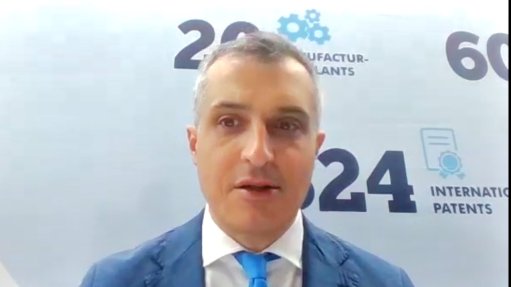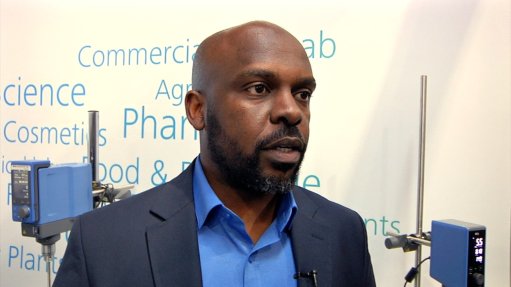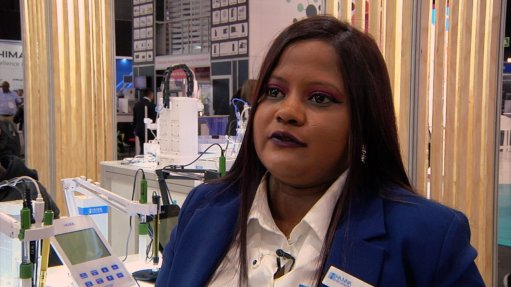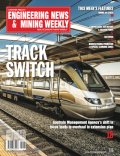Taking on a disabled workforce by looking at the abled within the disabled
This article has been supplied and will be available for a limited time only on this website.
By: Daniel Orelowitz - Managing Director at Training Force
In South Africa, there is much talk about transformation, equality and empowerment. Yet when it comes to hiring people with disabilities, many businesses still fall short. Too often, hiring is done to tick boxes or boost a B-BBEE scorecard, not because of a genuine belief in the value that people with disabilities can bring to the workplace. It’s time to shift our focus. We need to start “seeing the abled within the disabled” by recognising talent, not ticking compliance boxes.
Because in truth, many South Africans living with disabilities do not lack capability, but the opportunity.
Stop hiring for targets, start hiring for talent
For the most part, the hiring of people with disabilities is still approached as a compliance issue. There’s a push to meet employment equity targets or improve scorecard ratings, but often without the right support, structures or mindset in place. As a result, these hires can feel tokenistic and unsupported.
The Employment Equity Act and B-BBEE codes are designed to encourage transformation, and they are without a doubt necessary. But using them purely as a yardstick for numbers, rather than for real inclusion, misses the point. It should not be about how many people with disabilities a company employs, but about how meaningfully they are included, supported and enabled to contribute to business objectives. South Africa has many talented individuals who live with disabilities - what they need is for employers to see beyond their label and start seeing skills, experience and potential.
Disability is not inability
There is a persistent misconception that people with disabilities cannot work as effectively as able-bodied employees when many roles do not depend on physical mobility at all. Think about sectors like customer service, administration, IT, content creation and finance, where mental focus, communication and consistency matter most.
In South African call centres, for example, people with disabilities often excel when given the right tools and training. While a person who uses a wheelchair might not be suited to a factory floor, but in an office environment, whether remote or in person, they can outperform expectations in the right role.
The key is not to focus on what someone cannot do, but to identify where their strengths lie and place them in roles where they can shine. That is the foundation of inclusive, effective hiring.
Build workplaces that work for everyone
Creating a disability-inclusive workplace in South Africa doesn’t require deep pockets. Small changes, such as accessible desks, flexible hours or assistive technologies, can go a long way toward levelling the playing field.
However, physical infrastructure is only one part of creating an inclusive workplace. Cultural and organisational readiness is equally important and this includes leadership commitment, internal education, and proactive support policies. This is important because when these elements are aligned, inclusion becomes a sustainable practice rather than a symbolic gesture. In many South African organisations, unconscious bias and a lack of disability awareness continue to limit integration efforts. Employees may be unsure how to engage with colleagues who have disabilities, and those with disabilities may feel hesitant to request necessary accommodations. Training, clear policies, and open dialogue are essential to closing this gap.
True inclusion benefits everyone. By building workplaces that are welcoming, accessible, and focused on strengths, companies will benefit from higher engagement, lower turnover, and stronger brand reputation as an enterprise that takes diversity to heart.
Shifting focus from disability to ability
Although deep pockets are not mandatory, the deepest change required will be that of mindset. When the focus shifts from seeing the disability to finding the ability, the hiring process becomes more human and more effective. As such, inclusion should not be based on charity or scorecards but come from a genuine attempt to build diversity in the workplace. Leadership must actively support disability inclusion and ensure that structures are in place for meaningful participation. This can look like working with training providers in setting realistic and measurable inclusion goals and investing in long-term skills development strategies.
It’s important to point out that people with disabilities are not seeking special treatment. They are seeking fair treatment and equal access to opportunity. In recognising the abled within the disabled, South African employers can build workforces that are not only more inclusive, but also more capable, resilient and representative of South Africa’s broader society.
Comments
Press Office
Announcements
What's On
Subscribe to improve your user experience...
Option 1 (equivalent of R125 a month):
Receive a weekly copy of Creamer Media's Engineering News & Mining Weekly magazine
(print copy for those in South Africa and e-magazine for those outside of South Africa)
Receive daily email newsletters
Access to full search results
Access archive of magazine back copies
Access to Projects in Progress
Access to ONE Research Report of your choice in PDF format
Option 2 (equivalent of R375 a month):
All benefits from Option 1
PLUS
Access to Creamer Media's Research Channel Africa for ALL Research Reports, in PDF format, on various industrial and mining sectors
including Electricity; Water; Energy Transition; Hydrogen; Roads, Rail and Ports; Coal; Gold; Platinum; Battery Metals; etc.
Already a subscriber?
Forgotten your password?
Receive weekly copy of Creamer Media's Engineering News & Mining Weekly magazine (print copy for those in South Africa and e-magazine for those outside of South Africa)
➕
Recieve daily email newsletters
➕
Access to full search results
➕
Access archive of magazine back copies
➕
Access to Projects in Progress
➕
Access to ONE Research Report of your choice in PDF format
RESEARCH CHANNEL AFRICA
R4500 (equivalent of R375 a month)
SUBSCRIBEAll benefits from Option 1
➕
Access to Creamer Media's Research Channel Africa for ALL Research Reports on various industrial and mining sectors, in PDF format, including on:
Electricity
➕
Water
➕
Energy Transition
➕
Hydrogen
➕
Roads, Rail and Ports
➕
Coal
➕
Gold
➕
Platinum
➕
Battery Metals
➕
etc.
Receive all benefits from Option 1 or Option 2 delivered to numerous people at your company
➕
Multiple User names and Passwords for simultaneous log-ins
➕
Intranet integration access to all in your organisation








